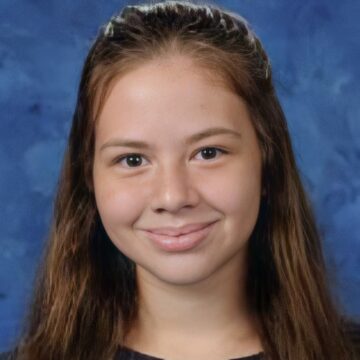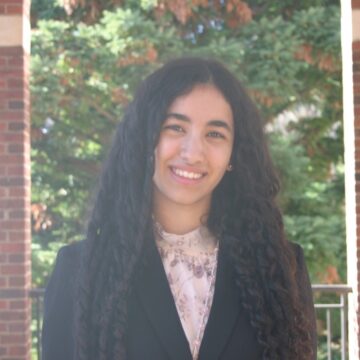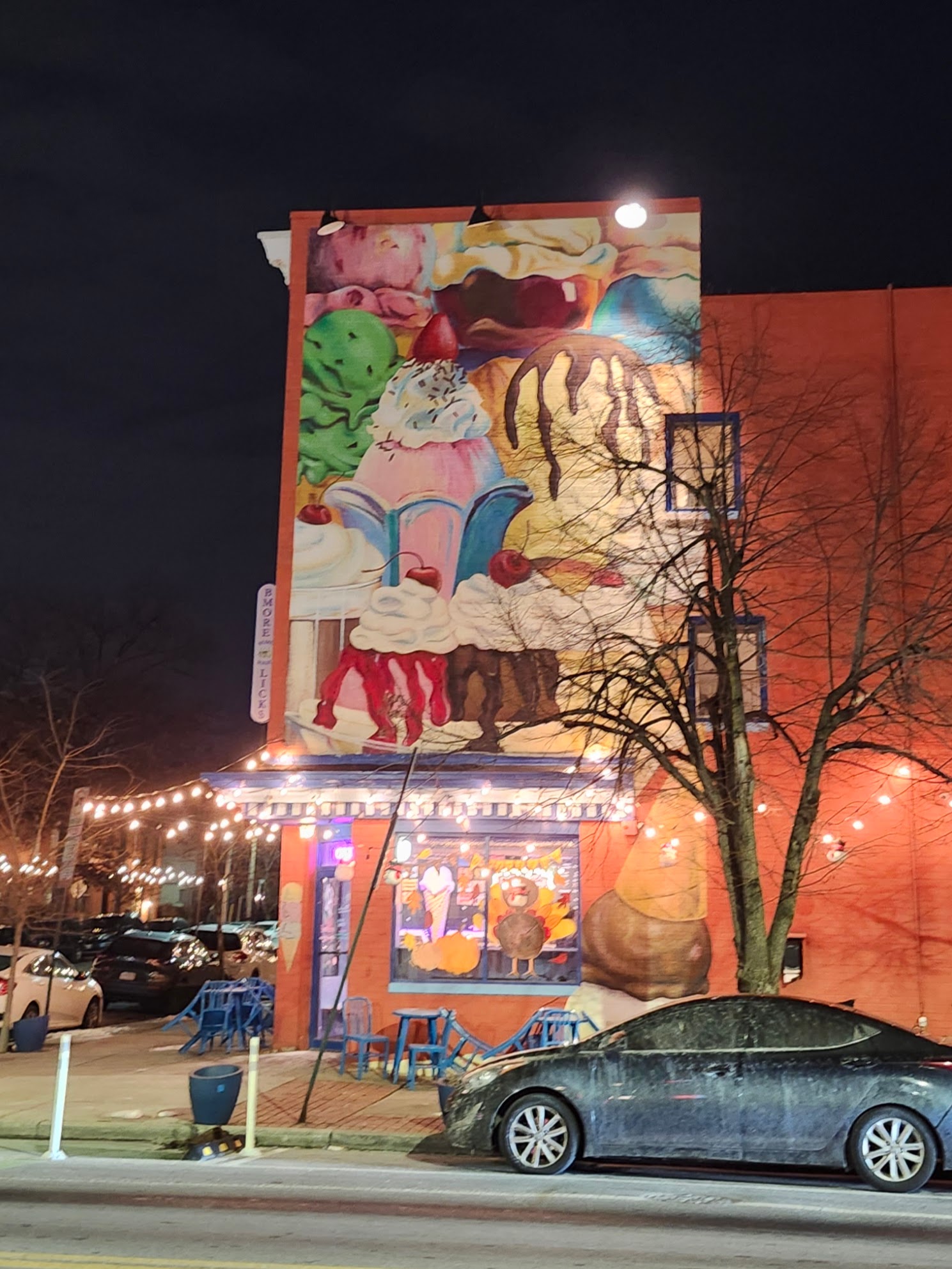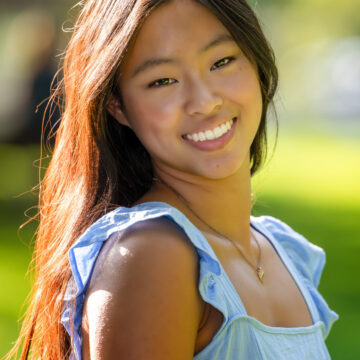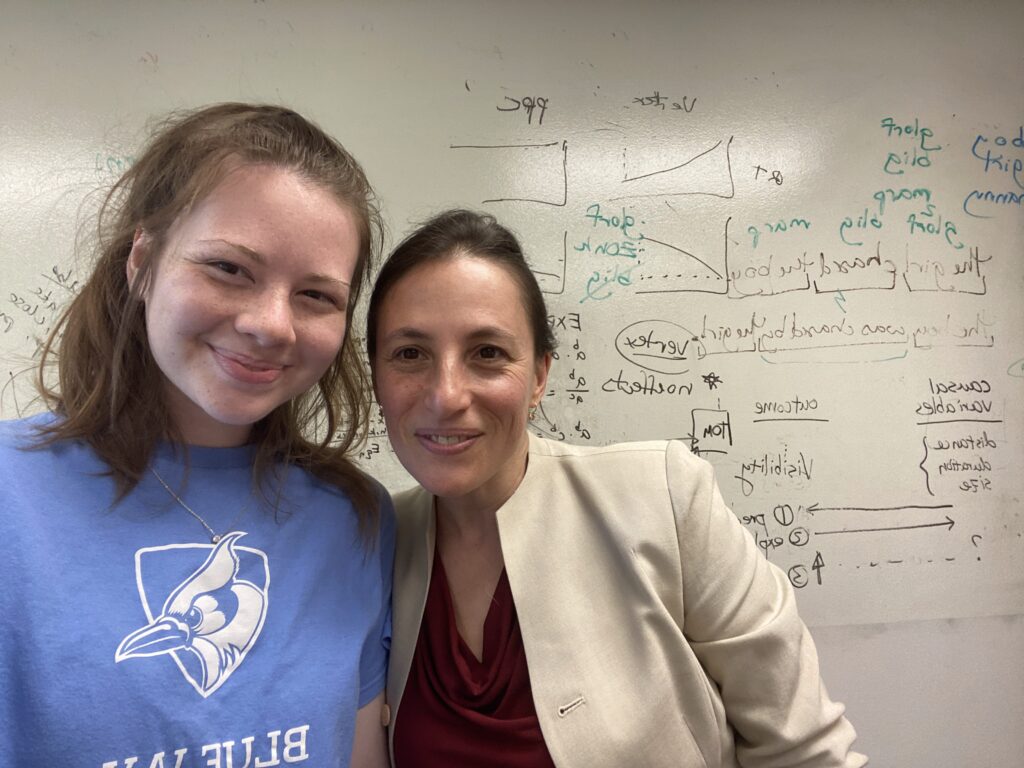
This interview has been edited for brevity and clarity.
One of my favorite things about Hopkins is how our small class sizes allow us to really get to know our professors and TAs. I have been lucky to join a super fun neuroplasticity and development lab with an amazing principal investigator, Dr. Marina Bedny, who is friendly, approachable, and truly cares about all of her students. So of course, you guys had to meet her too!
What first sparked your interest in neuroscience and development?
I’m from the Soviet Union. When I moved [from what is now Ukraine] when I was eleven, I experienced this culture shock. I was really fascinated by all the different cultural things, and I was watching different generations of my family adapt or fail to adapt to the U.S. I got really Americanized, but my grandparents didn’t. That got me thinking about how the mind works and how experience shapes the way the brain works. I’ve been intrigued about it since then.
Why did you choose to study blindness?
When I was a postdoc, I worked with a scientist named Alvaro Pascual-Leone, and he had done work with blind participants. I also worked with Rebecca Saxe, who is a professor at MIT and was at the time interested in how people thought about mental experiences that they themselves weren’t having. For example, if I’m a blind person, but I haven’t ever seen, how do I think about your visual experience? I started talking with both of them, and we did a research project which was supposed to look at theory of mind in people who are blind and how people who are blind think about seeing experiences of other people. At the same time, I built in a little piece into the experiment to look at visual cortex plasticity. And the experiment worked. That part was really cool because you were looking at the visual cortex in these blind participants, and it was as active as if it was Broca’s area [an area of the brain associated with speech production].
Part of it was the science and finding ways to address the questions, but part of it was also meeting people from this community and getting to talk to them and learn from people who are blind. Humans have so many ways of being. Many people think it’s a ‘disability’ and it’s a ‘loss,’ but it also turns out to be this gain—this rich, beautiful thing.
What made you branch out into deafness and sign language?
I’m interested in brain plasticity and experience and high-level cognitive functions. So, trying to figure out where research will go next is some combination of “Where can I take my abilities so I can learn something new, but also feel like I have something to contribute?” My prior work on brain plasticity and language prepared me to go in this area, although it didn’t give me everything. I still need to learn American Sign Language. I still need to learn about that literature. I needed some place where it was new enough, so it was exciting for me. It’s about finding that match between what I can do and what the area requires.
Have there been any cases where you can tell your research is touching participants or just something they told you that was surprising?
Some blind people don’t realize how much they know. For example, we would say something like “Can you describe to me what this kind of animal looks like?” or “Can you sort these animals by the shapes they have?” Some blind people would say “I have no idea; I’ve never seen them.” But then when they do it, it turns out they have some idea.
I have found it’s an exchange. It’s not that we’re telling people things about them; we share scientific knowledge and scientific data. And people who are contributing to those data are also part of the dialogue. It’s more like the scientists and the people in the community are talking and having an exchange.
What advice would you give to students who are thinking about going into research?
Try to find the best scientists around who are also nice enough to talk and follow them around. Science is often an apprenticeship model. You need someone who has both the time and interest to engage with you and is hopefully nice. But you also need them to be at the cutting edge of what they do so you can learn the best stuff. What worked for me was following my nose. I remember talking to my PhD advisor when I was interviewing and feeling like “Wow, this is a brilliant scientist. I wanna work with her.”
What was your experience like as an undergraduate student at Hopkins, and how did it influence your path to doing what you do now?
I was a cognitive science major and, because I am a research nerd, I was one of those students that took every upper-level cognitive science class. In terms of the education, Hopkins was great for me and really laid the foundation of the kinds of ideas I think about. Paul Smolensky and Géraldine Legendre are retiring. They’re two professors who have been at Hopkins for a while. Another professor I talked to is Brenda Rapp. These are people whose classes I took and whose ways of thinking contributed to my way of thinking in ways that I came to appreciate later on.
Is there a memory or experience from when you were an undergrad here that has really stuck with you?
There are actually a lot of them, but one that was really memorable is that I worked in Brenda Rapp’s lab. She does neuropsychological research with patients who have brain damage to try to understand what cognitive functions are affected and what that tells us about the mind.
She generously allowed me to go to some of the patient testing. I remember we did testing of someone who had something called neglect, which is something that affects attention. When things happen on one side of the body or one side of space, a person’s ability to attend to things in that part of space is affected. I very vividly remember going to where the patient lived and doing testing with them.
What do you enjoy most about working with students?
Hopkins students are damn smart, and they’re fun to talk to. There’s just a lot of really brilliant people. Sometimes I’ll teach a class, and you guys will ask questions, and in many ways it’s like giving a talk to a scientific audience because the questions are spot-on. Some of the questions being asked in class are exactly the things that people are writing about in the literature.
I love watching students start something then get to the end having learned all the stuff. Like, they can write a paper and give an awesome presentation. That’s how it was for me. When I wrote my first paper, it was a 20-page paper, and I had never written anything remotely like that. With many things I waited until the last minute, and I totally whiffed it. The professor gave me good, correct feedback and also was nice and patient. That was a big growing experience for me, and it’s really nice to have that with students when they overcome something hard.
How do you define success?
For me, part of what success means is learning new things about the universe that people didn’t know before. In my case, it’s about the brain and the mind. If you think of all the things humanity knows as a giant pile of pebbles—it’s very exciting to me that I get to put a little bitty one on it. But also, along the way being able to train other students, having a family and people I love, and getting to travel and have a rich life while also getting to put a little pebble on the pile.

